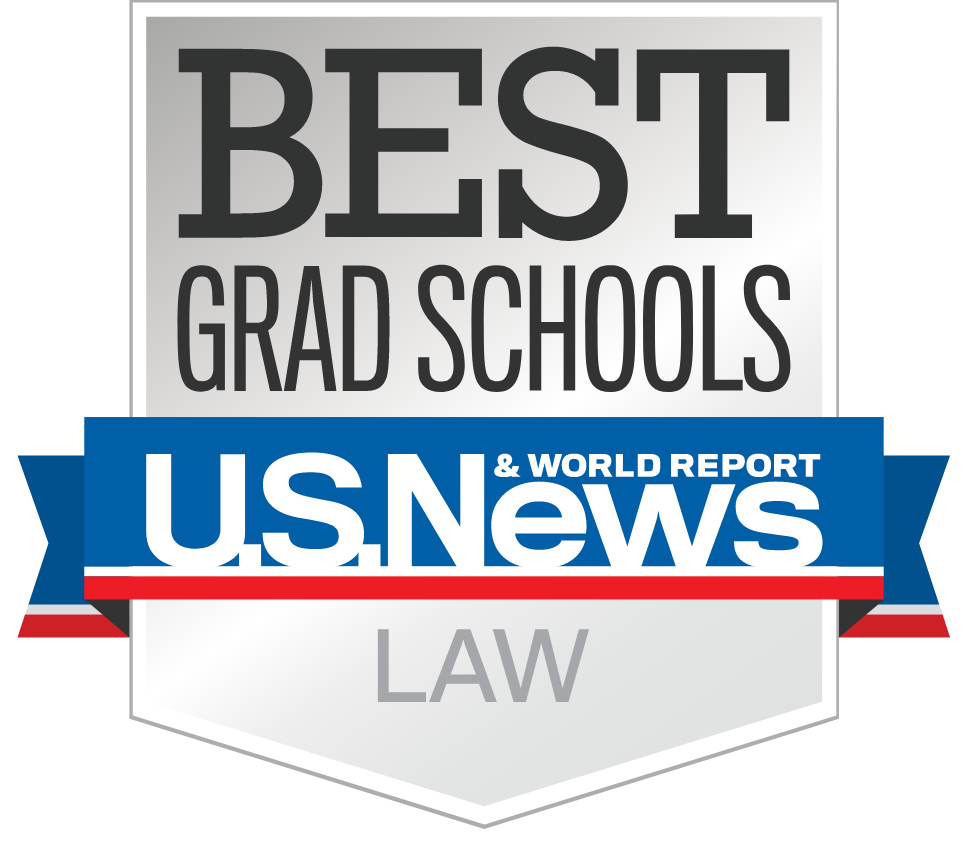Which law schools are now boycotting US News rankings? Some say they're staying in

Updated: More law schools are reacting to Yale Law School’s decision to boycott the rankings by U.S. News & World Report—some by joining with Yale Law and others by declaring an intention to continue their participation.
On Nov. 22, the University of California at Los Angeles School of Law announced that it is withdrawing from the rankings, Law.com reports. The school was ranked No. 15 in March, putting it just outside the top 14, or the T14, as it is called.
Just days before, Russell Korobkin, the interim dean at the UCLA law school, told the New York Times that there is a downside to boycotting the rankings and refusing to provide information to U.S. News & World Report. That’s because of the way that the publication could use publicly available data to rank the school, he said in the Nov. 18 story in the New York Times.
On Nov. 28, the University of California at Davis School of Law announced that it was also withdrawing from the rankings, Law.com reports. UC Davis is tied with several other law schools in the No. 37 spot in the most recent rankings.
Besides Yale Law, UCLA and UC Davis, other law schools boycotting the rankings are Harvard Law School, the University of California at Berkeley School of Law, Stanford Law School, the Georgetown University Law Center, Columbia Law School, the University of Michigan Law School, the Northwestern University Pritzker School of Law, the Duke University School of Law and the University of California at Irvine School of Law (the only boycotting school besides UCLA and UC Davis that is not in the most recent top 14).
Some schools, on the other hand, are announcing decisions to continue to provide data to U.S. News & World Report for rankings. They include the University of Chicago Law School (most recently ranked at No. 3), Cornell Law School (ranked at No. 12) and the Washington University School of Law (ranked at No. 16), according to Law.com here, here and here.
When Yale Law withdrew from the rankings, it cited several concerns. They include U.S. News & World Report’s reliance on grades and test scores that gives law schools an incentive to use financial aid to recruit high-scoring students, rather than those in need. And schools are incentivized to admit students who don’t need loans because of U.S. News & World Report’s calculations of student-debt loads.
Korobkin echoed many of Yale Law’s comments in his message to students.
He also criticized U.S. News & World Report for using unadjusted grade-point averages, which penalizes students who pursued undergraduate programs that tend to award lower grades. He also said he dislikes U.S. News & World Report’s reliance on reputation rankings, which are “provided by a small number of lawyers, judges and professors who cannot hope to have detailed knowledge of the nearly 200 schools they are asked to evaluate.”
“And the rankings perversely reward schools for spending more and passing on the costs to their students, without regard for the value of the expenditures—a feature that also structurally disadvantages public law schools, which tend to spend less and charge less than private schools,” Korobkin said.
Jens David Ohlin, the dean of Cornell Law, acknowledged some of the problems in a message to students about the school’s decision to continue to provide data to U.S. News & World Report.
“My own view is that the rankings distort academic decision-making, fail to adequately capture institutional quality, and create perverse incentives that are not in the best interests of students or the legal profession,” he wrote.
“However, withdrawal from the rankings process will not have the desired impact that many assume that it will have,” Ohlin said. “The reality is that U.S. News & World Report is a journalistic enterprise, and they don’t need anyone’s permission, including mine, to publish a ranking, and they have ready access to information from the ABA and other public sources to construct their rankings.”
Updated Nov. 30 at 8:44 a.m. to add the University of California at Davis School of Law to the boycott list. Updated Dec. 1 at 9:13 a.m. to add the Washington University School of Law to the participating list.



